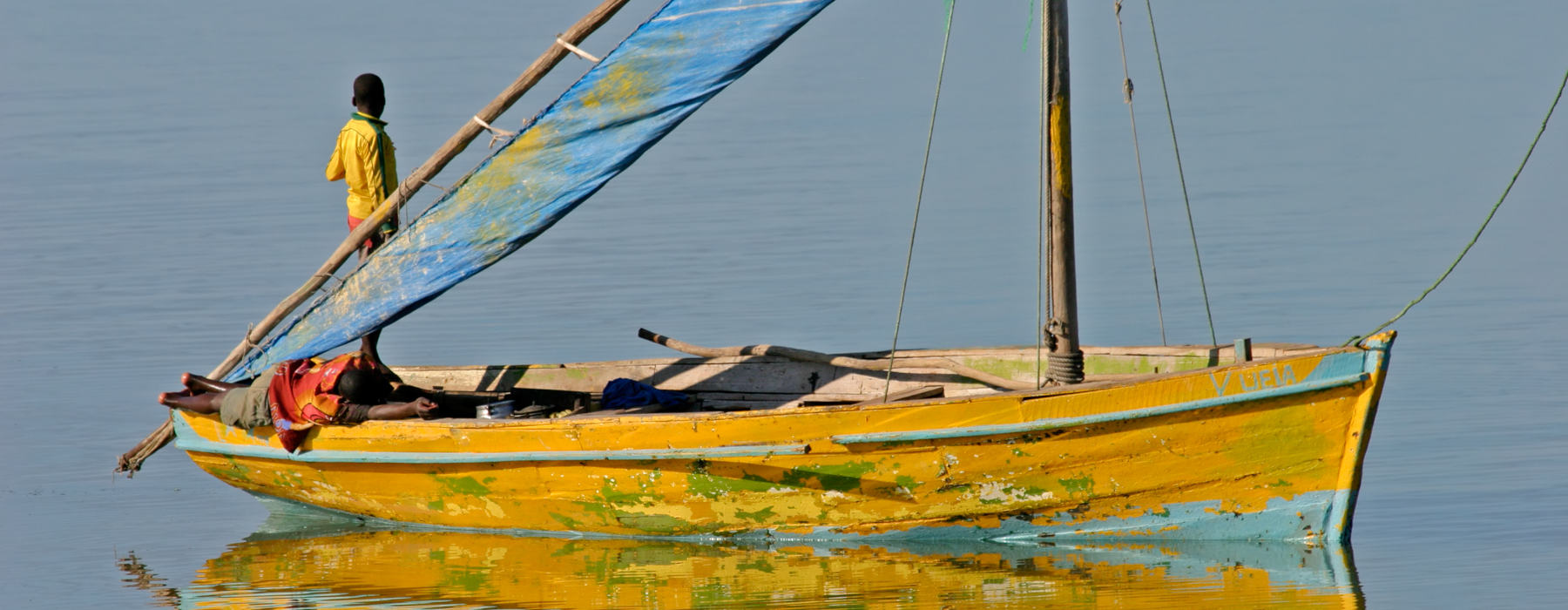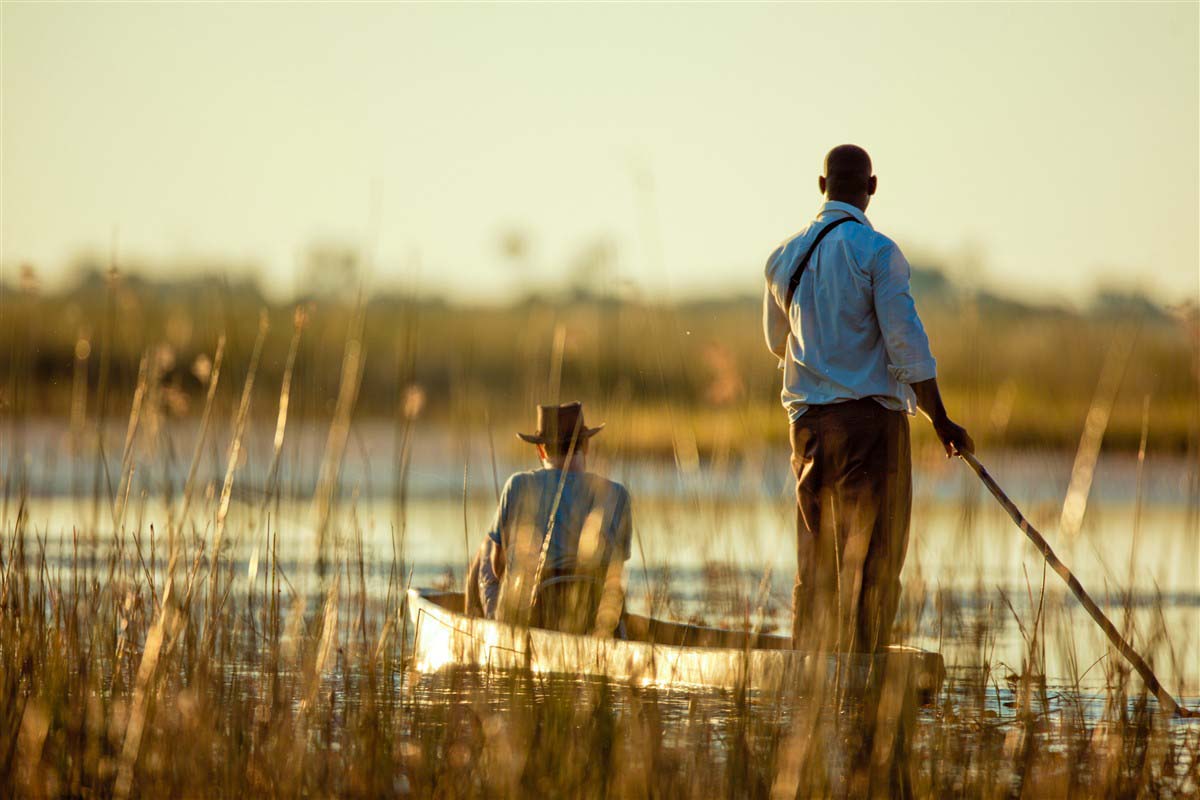Population
32.08 million (2021)
Official Language
Portuguese
Languages Spoken
While Portuguese is the country's official language it’s only spoken by around half of the population, with the rest speaking Makhuwa, Changana, Nyanja, Ndau, Sena, Chwabo, and Tswa.
People
Mozambique’s main ethnic groups are Makhuwa, Tsonga, Makonde, Shangaan, Shona, Sena and Ndau, with a handful of other indigenous groups too. Of those groups there are approximately 45,000 Europeans, and 15,000 South Asians.
Religion
The main religious groups in Mozambique are Christian (57%), Muslim (20%), Indigenous African, and other beliefs make up the remaining.
Holiday Calendar
January 1 and 2: New Year’s Day
February 3: Heroes’ Day
April 7: Woman’s Day
May 1: Worker’s Day
June 25 and 26: Independence Day
September 7: Lusaka Peace Agreement Day
September 25: Armed Forces Day
October 4: Day of Peace and Reconciliation
November 10: Maputo Day
December 25: Family Day
Politics
Mozambique’s Constitution stipulates that the President of the Republic will function as the head of state, head of government, commander-in-chief of the armed forces and be a symbol of national unity. They are elected for five years through a run-off voting process. The candidate that receives the most votes in the second round becomes president. Meanwhile, the prime minister is appointed by the president. Their main functions include convening and chairing the council of ministers (cabinet), advising the president, aiding the president in governing the country and coordinating the functions of the other ministers – no small task to undertake. Mozambique also runs a small, functioning military, which handles all aspects of domestic national defence and the Mozambique Defence Armed Forces.
Story
Known officially as the Republic of Mozambique, this south-east African country is bordered with the Indian Ocean, Tanzania, Malawi and Zambia to the northwest. Zimbabwe is to its west and South Africa to its south. Its capital, Maputo, is also Mozambique’s largest city and sits on its southern coast. Mozambique’s northern region regularly sees monsoon trade winds that are bought off the Indian Ocean, meaning disruptive weather often affects the area.
Now for a quick history lesson back to the 7th and 11th centuries. Thanks to the series of Swahili port towns that cropped up during this period, Swahili culture and dialect quickly grew. But, by the late medieval period, which saw the country become occupied by traders from Somalia, Ethiopia, Egypt, Arabia, Persia, and India, outside influence only became more and more prevalent. This growing diversity and influence was heightened again by the voyage of Vasco da Gama in 1498, which saw the arrival of the Portuguese. They began to gradually colonise and settle the country, which lasted for over four centuries. Mozambique finally gained independence in 1975 but sadly, after just two years of independence, the country began to descend into an intense and protracted civil war lasting from 1977 to 1992. It wasn’t until 1994 that Mozambique held its first multiparty elections, which has helped stabilise the presidential republic.
Mozambique is home to a rich and extensive supply of natural resources. From molluscs, crustaceans and echinoderms fishing to a growing farming community, its main trading partners are South Africa and Portugal (who help the country remain lucrative in the European market). Mozambique is also a member of the United Nations, the African Union, the Commonwealth of Nations, the Organisation of Islamic Cooperation, the Community of Portuguese Language Countries, the Non-Aligned Movement, the Southern African Development Community and is an observer at La Francophonie.
Etiquette
When travelling to Mozambique it’s important to be respectful and appreciative of the traditions and customs practised here. The laid-back and friendly approach is one that’s extended to tourists and will no doubt leave you loving the friendly atmosphere and sense of community. It’s important to note that appropriate clothing, particularly for women (where it is custom to cover your thighs) should be adhered too as well as the government’s restrictions on photographing certain buildings. If in doubt it’s always best to confirm with locals to avoid offending. Tipping outside major tourist areas is not as common but if in those areas 5% (depending on the quality of service) is the standard amount.
Food
When it comes to cuisine, the focus is – of course – seafood, with stews, corn porridge, rice, cassava and millet taking pride of place on all family tables. Staples like beans, cassava chip, potatoes and coconut are great accompaniments and the Portuguese colonial influence can be felt in spices like garlic and pepper. Dishes like matapa, often found in the southern regions, use cassava leaves, peanut sauce and prawns or fresh seafood to make a hearty supper. Peixe grelhade is the name given to the popular 'catch of the day', and in keeping with the seafood theme, lulas (calamari fried in a batter) is a must try. Another popular dish is salada pera de abacále, a salad made of avocado and tomatoes. Or there’s galinha zambezia, chicken cooked in a lime sauce and seasoned with garlic, peri and pepper. This one is particularly popular in the Quelimane and Zambezia provinces. One thing is certain though, when journeying through Mozambique you won’t be short of delicious delicacies to try.
Drink
Drinking tap water in Mozambique is a no-no. While built-up areas like Maputo, Inhambane and Beira have safer drinking water it’s always best to err on the side of caution if you’re unsure. Bottled water is available but considered semi-luxury so be mindful that the prices will reflect this. Madeira wine is quite popular around the country as are locally produced beers, which are usually brewed using thick and sweet maize. You can sample the locally made Manica and Laurenta or order a pint of the country’s national lager, 2M. Nipa is another local brew. A liquor-type drink that’s made from cashew nuts, it should be consumed with caution because it is known for being quite strong.



